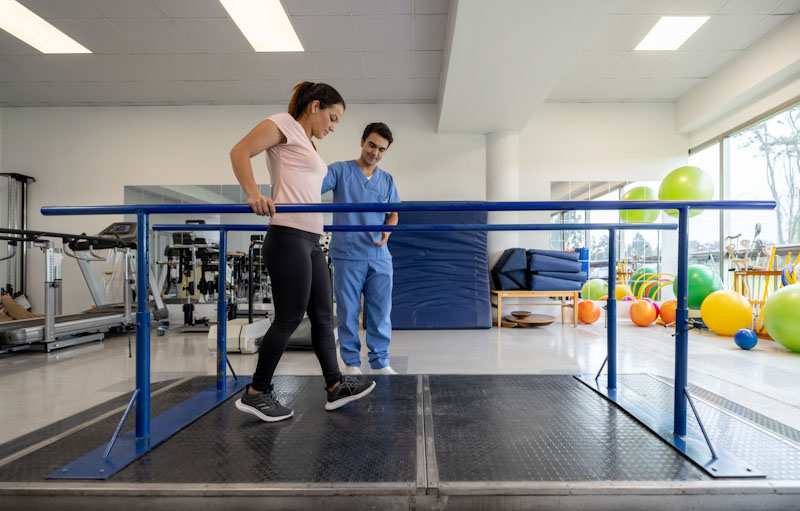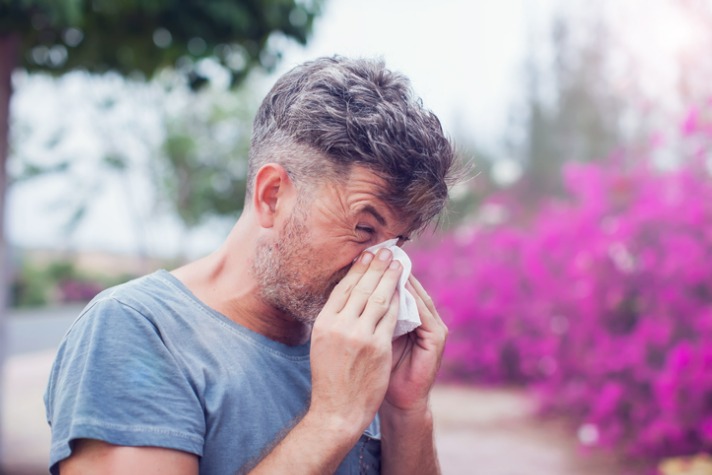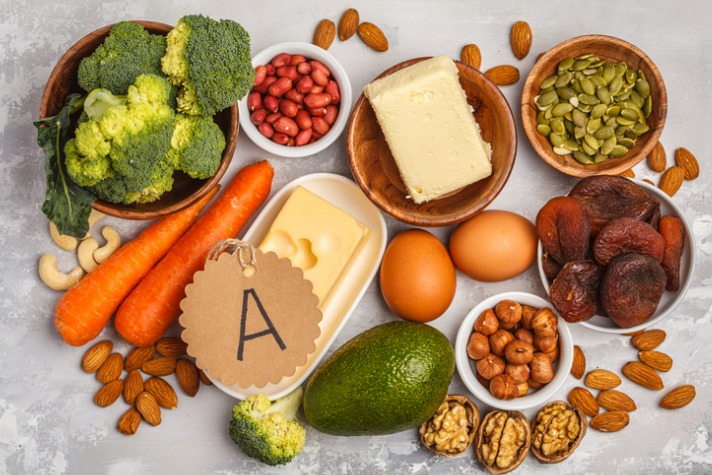High cholesterol: How can diet help?
Published by MAXSolutions on November 23, 2020

High cholesterol can increase your risk for heart disease and stroke.[1] So understanding how your diet choices can impact on your cholesterol is vital to leading a happy and healthy life.
What is cholesterol?
Cholesterol is a fat like substance that your body needs to maintain good health. It is found in the membrane of every single cell in the body, helping to regulate fluidity and structure.[2] About 75% of the cholesterol in your body is made by your liver.[1] The rest comes from the food you eat.
If you have high cholesterol levels in your body it can cause damage: it builds up in your blood vessels making it harder for blood to get through, or worse, it can block blood vessels completely.
Because cholesterol is fat soluble, it cannot travel through the bloodstream on its own. It's like an oil droplet in a glass of water, it simply won't mix.[2] For this reason, cholesterol is carried around the bloodstream in lipoproteins. There are many types of lipoproteins; the most important ones are high-density lipoprotein (HDL) and low-density lipoprotein (LDL).
The difference between HDL and LDL
HDL cholesterol is known as 'good' cholesterol because HDL helps to remove dangerous cholesterol from your arteries by carrying cholesterol back to your liver for disposal. LDL cholesterol is known as 'bad' cholesterol. This is because LDL leaves cholesterol in your arteries. Having a lot of cholesterol in your bloodstream is not a bad thing, unless this cholesterol is being carried around by Low-density lipoprotein.[2]
If you have a lot of LDL particles in your bloodstream your risk of heart disease is also increased.
Foods that lead to highcholesterol
Eating refined carbohydrates, saturated fat and sugar will increase your LDL. If you want to reduce the harmful lipoproteins avoid foods that are high in saturated fat, such as:
Meat pies
Sausages and fatty cuts of meat
Butter
Lard
Cream
Hard cheese
Cakes and biscuits
Foods that contain coconut or palm oil.
Foods that help lower cholesterol
Try to replace foods containing saturated fats with foods that are high in unsaturated fats, such as:
Oily fish (for example, mackerel and salmon)
Nuts (for example, almonds and cashews)
Seeds (for example, sunflower and pumpkin)
Vegetable oils and spreads (for example, sunflower, olive, corn, walnut and rapeseed oils).
Soluble fiber can also help. Good sources of soluble fiber include:
Oats
Beans
Peas
Lentils
Chickpeas
Fruit and vegetables
What else can I do to lower my cholesterol?
An active lifestyle can also help to lower cholesterol levels.[3] Doing 30 minutes of moderate-intensity aerobic activity on most days can improve your cholesterol levels. Moderate-intensity aerobic activity means you work hard enough to raise your heart rate and break a sweat. One way to tell whether you are working at moderate intensity is if you can still talk but you cannot sing the words to a song.
Find out more about your cholesterol by consulting your GP. Your doctor may test for both kinds of lipoproteins as well as triglycerides which are also transported by lipoproteins. This is called a lipid profile. Other risk factors include high blood pressure, obesity, type 2 diabetes and smoking.
If you’d like some help making diet or activity changes your EAP call help. You can call 1800 629 277 in Australia or 0800 327 669 in New Zealand or email support@maxsolutions.com.au
References and further reading:
[1]https://www.healthdirect.gov.au/what-is-cholesterol
[2]https://www.medicalnewstoday.com/articles/318712.php
[3]https://www.healthdirect.gov.au/how-to-lower-cholesterol
[4]Barter, Philip,M.D., PhD., Gotto, Antonio M,M.D., D.Phil, LaRosa, J. C., M.D., Maroni, J., M.D., Szarek, M., M.S., Grundy, Scott M,M.D., PhD., . . . Fruchart, Jean-Charles,PharmD., PhD. (2007). HDL cholesterol, very low levels of LDL cholesterol, and cardiovascular events. The New England Journal of Medicine, 357(13), 1301-10. doi:http://dx.doi.org/10.1056/NEJMoa064278
Share
Tags
Found this useful?
Help and advice
Our blogs are about helping people seek the information that they need for their steps in the workforce.














_1.jpg)





























.jpeg)




















